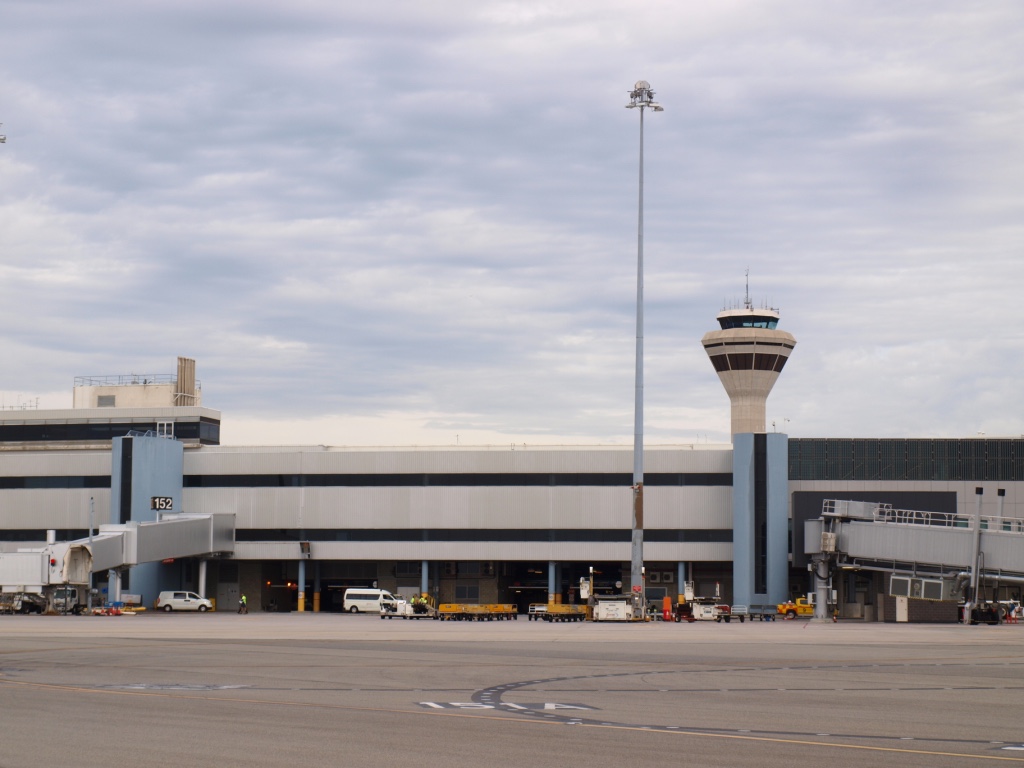
In this cross-posting from Australian Aviation’s sister title Lawyers Weekly, Jerome Doraisamy speaks to HFW partner Mert Hifzi and senior associate James Jordan on how the business of aviation will change after the coronavirus pandemic has subsided.
The legal tasks for professionals in the aviation space keep piling up, say two senior lawyers from HFW.
Last week, the International Air Transport Association announced a commitment by the airline CEOs on its board of governors to principles for reconnecting the world by air transport, including that aviation must: put safety and security first, respond flexibly as the pandemic and science evolve, and be a key driver for economy recovery.
According to global law firm HFW, the recovery plan will be fraught with turbulence, given the looming challenges for airlines in returning to the skies, such as regulatory hurdles and financial and legal company affairs.
Speaking to Lawyers Weekly, HFW partner Mert Hifzi and senior associate James Jordan have argued that lawyers will be key for aviation success post-pandemic. However, regulatory changes will – at least initially – create problems for airlines and airports given that said changes “are not always universally applicable and differ across jurisdictions”.
Regulatory issues
“The key focus of the regulations that have been implemented to date focus on reducing transmission risk during the check-in process and onboard the aircraft. This includes the wearing of masks by passengers, PPE equipment for cabin crew, and other measures for creating a clean and safe environment (i.e. such as disinfecting the cabin and other touchpoints),” the pair said.
“As demonstrated by recent pictures and reports from India – where domestic air travel has resumed – the operational requirements placed on front line staff such as ground handlers/cabin crew are significant and there is much scope for error especially where measures have been quickly implemented in an environment where providing comprehensive training may not be possible.
“As our understanding of the virus continues to develop it may become clear that regulations need to change or even that regulations can (hopefully) be relaxed. Keeping on top of these continuously changing and developing regulations will prove a challenge but law firms with a global reach and outlook will be well placed to advise clients as to the various changes across multiple jurisdictions.”
Moreover, there are complex legal issues to be dealt with that go beyond merely ensuring physical health and safety of travelling passengers and cabin crew, Hifzi and Jordan continued.
“Certain airlines have already begun trialling preboarding COVID-19 testing and this will require them to manage increasingly more complex and sensitive personal data relating to passenger health. In-house legal teams will need to ensure that operational staff understand the relevant data protection and privacy laws so as to avoid sanctions for their respective organisations,” they outlined.
“Fines for data breaches are significant (e.g. under the EU General Data Protection Regulations, fines can be up to €20 million, or up to 4 per cent of the annual worldwide turnover of the preceding financial year, whichever is greater) and existing systems may need to be enhanced to manage these exposures.”

Finance and solvency
Many businesses in the aviation sector will be technically insolvent and/or have significant debt when normal operations resume, the pair advised, which may complicate the running of those businesses and necessitate changes to relationships with vendors and other third-party suppliers.
“Commercial contracts will change with partners seeking a higher degree of protection due to the perception that companies within the aviation sector are more likely to default on payment obligations. This will require an attitude change from lawyers who will need to alter the way agreements are structured in order to facilitate business relationships and investment in the industry. In-house teams will play a vital role in ensuring that the business does not enter into agreements and contracts that may expose the company to unnecessary risks,” Hifzi and Jordan outlined.
“Restructuring of debt is also likely to be a key area where organisations need advice going forward and in-house counsel will play a vital role in managing this process as it will involve the management of various internal stakeholders as well as the input of external counsel. In-house teams will be both the internal and external conduits for managing such projects.”
This will be a new workstream for many in-house legal teams who, in recent years, may not have had to deal with these types of issues, the pair noted.
“Private practice lawyers will play a vital role in providing extra resources to such teams as well as providing training and know-how to enable in-house counsel to upskill themselves in a quick and efficient manner,” they said.
“All entities from airlines to manufacturers will need to ensure that the highest safety standards continue to be maintained even in a challenging operational environment where finances are understandably stretched. This is a critical moment in the history of aviation and now, more so than ever, the industry will face significant public scrutiny.
“If aviation is not able to restart safely after a period of relative inactivity, it will provide the traveling public with a further reason to avoid air travel. While safety is a shared responsibility of all individuals involved in the industry, in-house legal teams do play a vital role in ensuring that all parts of the business understand the various legal obligations placed upon them when it comes to safety. This may include criminal sanctions against the company and its employees in certain situations.”
Collaboration between legal departments and private practice
Private practice lawyers, Hifzi and Jordan detailed, have the benefit of working with a number of clients across a variety of regions, which often means, they said, that they have insight as to the mistakes made by other clients as well as examples of successes.
“We can bring this specialist industry knowledge to the table in order to make sure all our clients receive current and relevant advice which is up to date with current industry thinking on particular issues,” they said.
“The specialist aviation team at HFW also works for entities across the entire aviation sector. Not only can we facilitate relationships between different entities, we are also able to view the aviation sector as an interconnected ecosystem of many different moving parts. If a particular banking client is, for example, asking what the biggest concerns of the airlines industry is, we are able to provide context and information which enables them to better manage their own relationships with external industry participants.”
To share how COVID-19 has impacted you and your business, please complete this anonymous, two-minute survey here. For more information, please contact [email protected]
















CJ
says:here we go, lawyers trying to complicate things as much as possible to their own benefit.